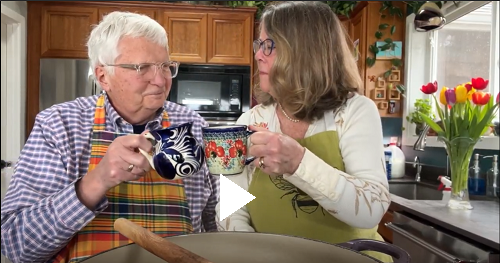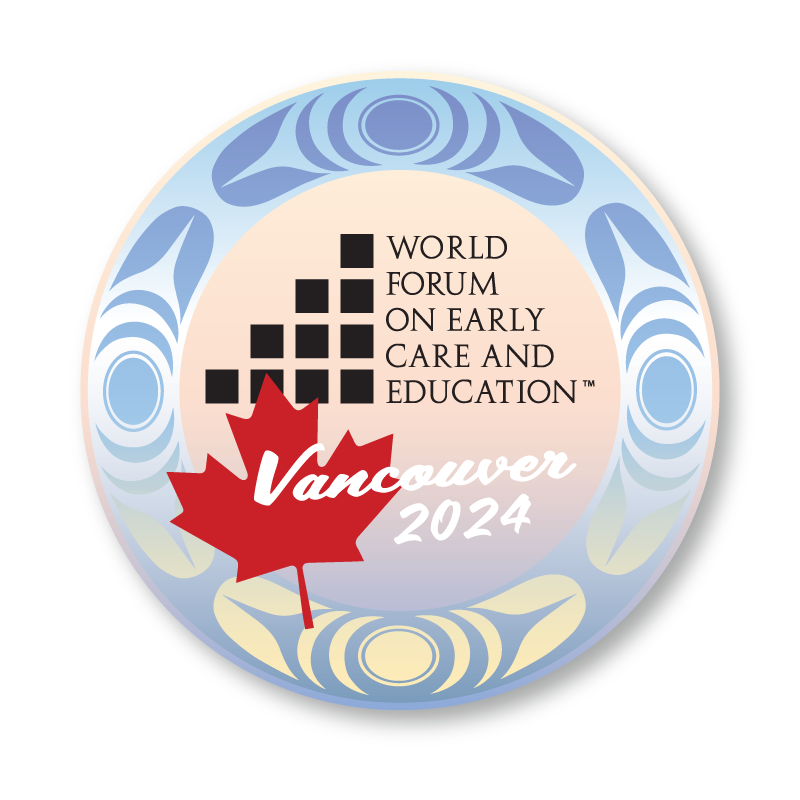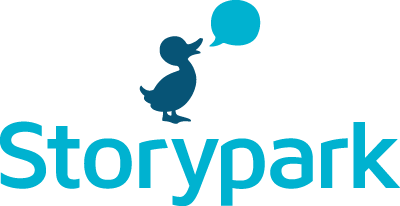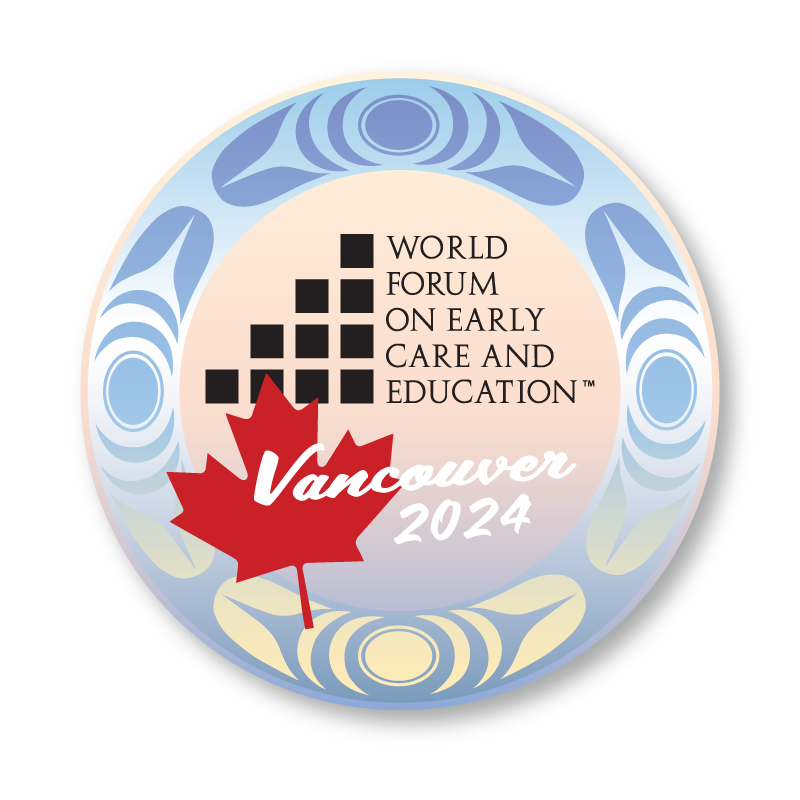Comenius Foundation For Child Development
The Comenius Foundation for Child Development (Comenius Foundation) is a non-governmental organisation established in 2003 by a group of psychologists, pedagogues and community workers. Since 2005, we have had the status of a public benefit organisation.
The Comenius Foundation inspires adults to create environments in which all young children can develop, explore and use their potential. Parents, professionals, local authorities and State administration officials are involved in our efforts. Our emphasis is on quality, measurable results and scale because only large numbers can change the world.
We aim to provide equal opportunities for children to help them grow into open-minded individuals. We have introduced innovative systemic and legal arrangements. We offer a wide variety of effective childcare projects.
Our particular concern is the wellbeing of those children whose chances for the future success in their adult and professional lives are smaller from the very beginning – children from rural areas and small towns, from economically and culturally neglected communities.
Our activities are addressed to non-governmental organisations, representatives of local governments, to parents, teachers, librarians, animators and directly to children. We are active on both national and local level.
On the national level, we promote the educational needs of young children through publishing, preparing reports, conducting research, organising conferences. On the local level, we provide training, projects and consultations to rural municipalities and non-governmental organisations to help them introduce developmental and educational services for young children which equalise their life chances.
Playgroups
The Playgroups project is a response to the dramatically poor availability of services for the youngest children (aged from a few months to three years) and their parents. In Poland, there is an increasing awareness that early childhood is the formative period for our basic intellectual, social and emotional dispositions and competencies underlying our future academic and professional accomplishments. This awareness, however, does not go hand in hand with the provision of services for children.
What is a Playgroup?
A Playgroup offers meetings for young children and their parents or carers under the guidance of an Animator trained by Comenius Foundation. Unlike other settings for the young, a Playgroup makes it possible for adults to accompany their children in the classroom, thus contributing to the children’s sense of well-being, helping parents to enhance their parental skills, and strengthening parent-child relationships. Parents have an opportunity to explore the value of play and realise its developmental significance.
Playgroups are for children aged from a few months to three – four years. Meetings are usually held once a week for two or three hours.
Playgroups are a great way to support the development of young children, particularly if they are too small to go to pre-school, or if no such services are available locally. Regular meetings help to enhance family organisational and social skills. Parents are actively involved, laying down group rules, planning group work and class schedules, proposing and carrying out activities for children in consultation with the Animator. They provide play resources, food and drinks. They also get to know other parents, ensure mutual support and share information. Playgroups can be partially financed from the local budget, for example through social prevention funds or rural development funds. Local entrepreneurs are also worth contacting, as they may offer various in-kind donations (furniture, stationery, etc.) in exchange for business ads.
Benefits: The Advantages of Playgroups
Participation in a Playgroup allows the children to: learn by observation and imitation; communicate with children of different ages; learn new vocabulary; develop self-reliance; play with other children; learn and follow group rules — thus facilitating their adaptation to the pre-school and (later) to the primary school environment.
Participation in a Playgroup allows the parents to: observe the development stages in children of different ages; share information about children’s upbringing; focus on their child — parents are encouraged to listen and talk to their child; to recognise the child’s needs; to meet the child’s need for closeness; to learn how to foster the child’s curiosity and perseverance; to create good conditions for learning by ensuring adequate freedom; and to learn various ideas for play.
Benefits of Playgroups to the local community: creation of a new type of ECEC provision; an awareness of the significance of children’s education from birth; an enhancement of community prestige; opportunities for the meaningful use of local resources; better adaptation of children to pre-school and primary school settings; a new approach to social prevention that is both cost-effective and systematic (involving the whole family); an effective form of financial support for local women, who are employed as Animators; the possibility to take advantage of the various skills of parents.
Up till now we have helped setting up over 400 Playgroups in rural areas benefitting over 8000 children and parents.
Replication
In 2015, we started to disseminate Playgroups Programe outside Poland. The aim of replication is to diversify the educational services by introducing Playgroups as a new educational opportunity for families with young children.
We have worked-out replication methodology which consists of the following steps: (i) choosing a Partner NGO specialising in the area of ECEC who has potential for replication (national scope of activities, group of trainers, contacts on local level); (ii) providing promotion leaflet (in Russian) for parents; (iii) providing educational materials and workshop scenarios adapted to the needs of participants; (iv) delivering training for Playgroup Animators for e women interested in running PG; (v) supporting Animators in establishing first PG; (vi) Training for Trainers (for NGO trainers) to train new Animators; (vii) providing Manual (in Russian) to help Animators run Playgroups with examples of good practises from already working PGs; (vii) monitoring Playgroups meetings: (viii) organizing a study visit to Poland to share Playgroup best practices and exchange experiences.
Up till now our replication methodology turned out to be successful in Belarus (2015; Partner: Step by Step Association of Parents and Teachers of Belarus), Tajikistan (2016-2019 Partners: SiDa Association for Parents of Down Syndrome Children and Caritas Germany in Tajikistan) and Kyrgyzstan (Partner: Foundation for Education Initiatives Support – FPOI).
In these three countries 67 Animators were prepared to run Playgroups; 43 trainers were prepared to train new Animators; over 100 Playgroups (data from September 2019) were create.
Most Important Replication Results:
Belarus
•Playgroups are a new form of support for young children in Belarus and they are widely welcomed.
•The Playgroups operate in pre-schools, private apartments, social welfare centres and Orthodox churches. The wife of an Orthodox priest from Volkovysk, who is a Project Animator, says that Playgroups have become the most popular meetings in their church community.
Tajikistan
•Creating the first education service focused on integration children with special needs with other children and with the community.
•Playgroups were created not only in the cities of Dushanbe, Kanibadam, Gonchi and Wakhdat, but also in several villages in the mountain region of Wakhdat and in Ayni region.
•TheTraining for Animators was included, as an additional offer, to the Adult Education Centers (Ministry of Labour Agency) training program.
•Department of the Ministry of Labor responsible for developing new Market Qualification Framework decided to include in the Framework Playgroups Animator as a new market qualification.
•During the Playgroups replication process, we presented our new project “Playgroups Plus”. Inspired by this project, Caritas Germany has decided to pilot it in Tajikistan.
Says Jumagul (mother of Mehron, a girl with right-sided paresis) participant in PG meetings:
“I’m really thankful for these Playgroups that have been set up for our children, where they can feel at ease. Even the group leader can’t rebuke them. Children learn and play together. At breaks they wash their hands, eat fruit or have tea with biscuits. Each child has their own towel. … After the meetings, at home, Mehron acts independent and helps to set the table, bringing spoons, tea dishes and towels. I’m very glad that my daughter is becoming my assistant. Thank you.”
Playgroups Animator in Market Qualification Framework
Caritas Germany (CG) participated in Playgroups replication project in Tajikistan, they found Playgroups as very effective tool for supporting mothers and children, and their trainers are actively engaged in training new Animators. CG representatives presented effects of Playgroups to the Ministry of Labor – the department responsible for developing new Market Qualification Framework decided to include Playgroups Animator as a new market qualification in the Framework.
Kirgizstan
•Playgroups have been included in the strategy document for 2021–2031, prepared by the Ministry of Education, as an alternative child and family support setting.
•The Chief Administrator of the rural district of Kurshab (population: 20,000) inspired by the success of the Playgroups project in a local preschool, is planning to set up Playgroups elsewhere in the district.
•The PG Animators who work for SOS Children’s Villages are also social workers. They intend to invite children whose parents work at the largest street market in Bishkek (30,000 people) to attend Playgroups.
Playgroups Plus Project
Aim: To help young unemployed mothers to search actively for roles in the labor market.
We trained Playgroup Animators to lead meetings with young mothers focusing on their personal interests, strengths and skills, and exploring opportunities in the local labor market. Playgroup mothers took part in a training program called “Supermom – Supernanny”. The program discussed professional care solutions for young children.
We wrote a manual on balancing work and home, entitled ‟Working Playgroup Mothers: Good Examples”.
We developed the “Playgroups Plus Approach” to facilitate the replication of our innovative efforts.






